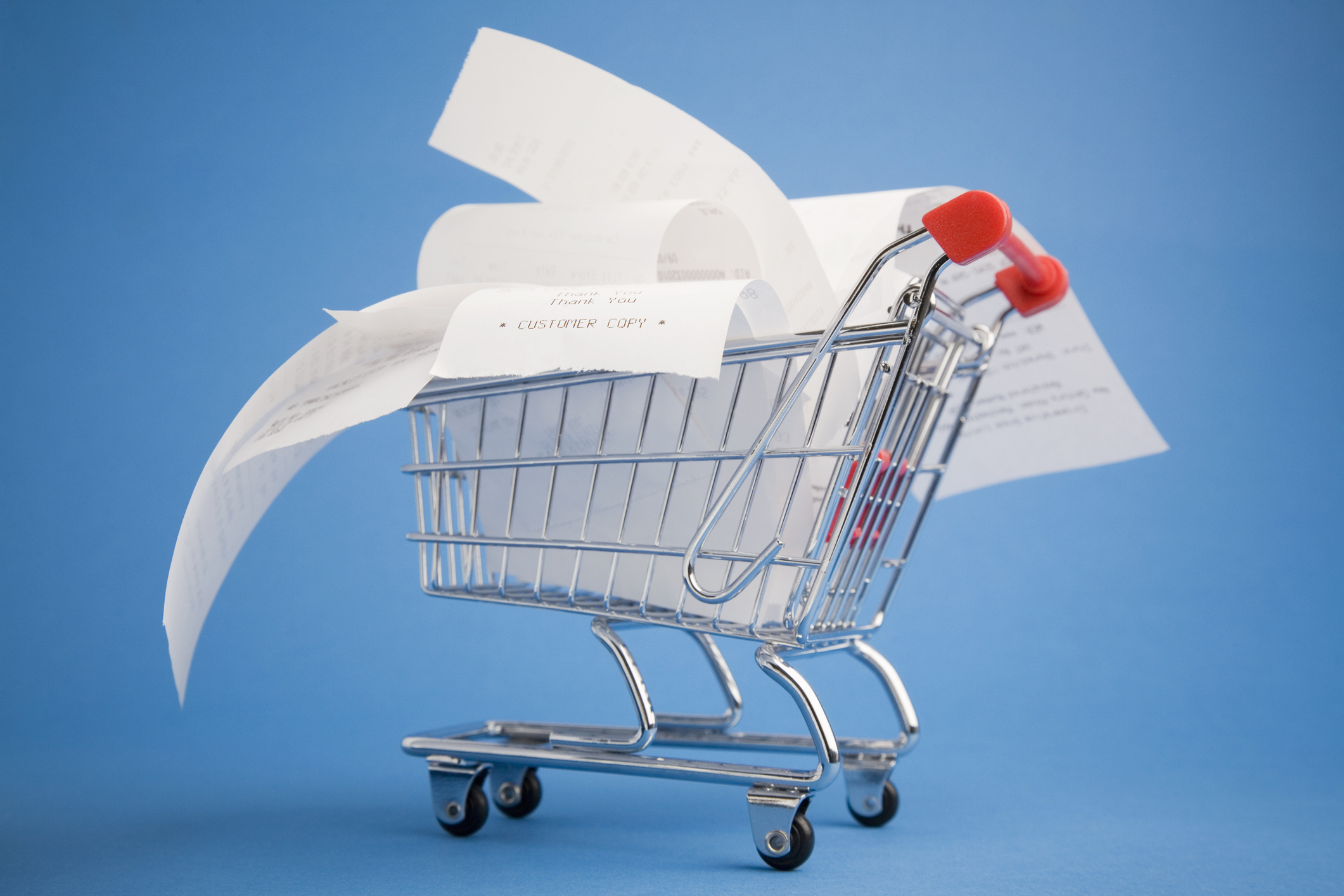
Some residents of the Sunflower State might have already noticed some savings on their grocery bills this month after a reduction in the Kansas ‘food tax’ went into effect on the first of this year. Shoppers now pay a 2% Kansas state sales tax on grocery items, down from the 4% they paid last year.
“This reduction is a step toward eliminating the state sales tax on groceries completely, which will happen in 2025,” Gov. Laura Kelly said in an announcement.
The Kansas Department of Revenue projects that the 2% decrease will save residents $12.5 million per month this year, but how much of those savings will you enjoy?
Kansas ‘food tax’ in 2024
The $12.5 million per month in savings projected by the Kansas Department of Revenue might sound high. However, the U.S. Census Bureau reports that Kansas has an estimated population of 2,940,546, which means each individual will save just over $4.25 per month on average. Of course, those savings can add up for large families.
- Families of four would save over $17 per month (over $204 this year) on average.
- Families of six would save more than $25.50 per month (over $306 this year) on average.
People with higher grocery bills will see the most significant savings, if they are purchasing qualified food items. That’s because only “food and food ingredients” and “certain prepared food” items are subject to the reduced sales tax rate. And the rules are a little tricky. For example:
- Donuts qualify for the reduced sales tax rate unless they are sold with napkins.
- Wedding cakes sold with utensils are subject to the full sales tax rate, but wedding cakes sold without utensils are not.
- Bottled tea qualifies for the reduced tax rate, but the full rate applies when it is sold in a reusable cup.
- Deli sandwiches are subject to the 2% sales tax rate when prepared by the manufacturer but not when prepared by the seller.
Kansas Pub. KS-1223 contains detailed information about what food items are (and are not) subject to the reduced sales tax rate.
Note: The Kansas grocery tax cut only applies to the state’s portion of the tax. Local sales taxes, which can reach as high as 4.25%, still apply. That means residents in some parts of Kansas will still pay a 6.25% tax on groceries this year and 4.25% next year when the state’s portion of the tax is eliminated.
States with sales tax on groceries
Sales tax on food items can provide states with revenue, which is often used to fund essential programs, such as transportation and education. Even so, most states consider grocery items tax-exempt. Of the 13 states that still tax groceries, Kansas is currently the only one set to completely repeal the tax. However, other states might soon follow suit.
For example, Utah has already passed a bill to eliminate the state’s portion of tax on groceries. (Residents will vote on the legislation later this year.) Other states, such as Missouri and Tennessee, impose reduced sales tax rates on groceries. And Alabama recently reduced its grocery tax rate.







